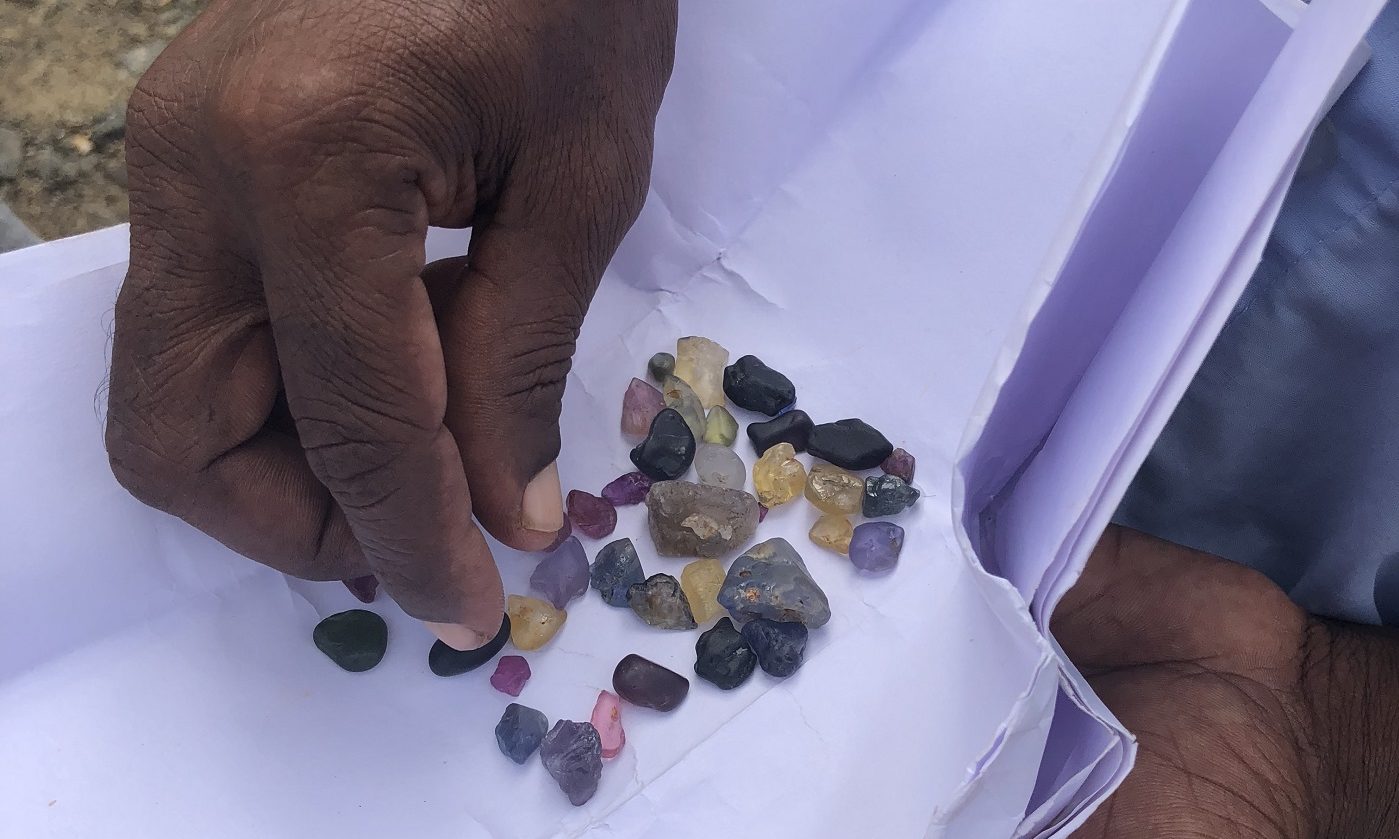Register to get 2 free articles
Reveal the article below by registering for our email newsletter.
Want unlimited access? View Plans
Already have an account? Sign in
A great manager can make you more money – it’s true, but there is one caveat. You, the owner must train your manager and in most cases he has no idea of his duties besides the rudimentary ones of scheduling, security, inventory and so on. If those duties are similar to those of your manager, you are losing money because not one of those duties produces sales.
The two most effective techniques are showing your manager how to train your sales assistants during slow times and assisting them in closing their sales. In my 30 years of sales training this is what I have observed in jewellery stores, worldwide:
- The manager is in the back of the store, the salespeople gravitate there and no one is up front to greet customers
- When he is up front, he is rarely near a salesperson when they are selling in case they need assistance in closing a sale. Many sales are lost. The problem is no-one knows how many
- He is off the sales floor leaving everyone on their own. Customers walk in and he is not there to help save those sales. Worse yet, salespeople don’t attempt add-on sales. This is why the national average for add-ons is only 5% of sales
- Does not make good use of slow times to train his salespeople and instead just stands around creating needless conversation
- Not much enthusiasm when greeting customers and this sets a low standard for your salespeople
Before you tear out this page and run to show it to your store manager, look in the mirror because there is the problem. Many of those duties were not listed when you hired him, nor were they ever discussed. You may think he should know most of them, but what may be obvious to you may be not always obvious to others.
It’s time to get a reality check. You were not proactive and should have made better use of your manager the day you hired him. If you promoted him from within don’t take him for granted or you may end up with that manager mentioned above. A manager’s job takes different skills from a salesman’s and he needs to be coached by you, the owner, setting a good example.
Motivating your salespeople is a big factor. It brings in large rewards because it keeps salespeople in a positive frame of mind. Customers will see this in their smile, buy more and come back again.
This attitude in your store will be noticed by your customers and will make your operation much better compared with other stores. Customers will tell their friends, and they in turn will tell others. That word of mouth advertising is the most powerful. It brings in new customers without cost. In addition, your good salespeople will want to stay in that environment. Do you have any idea how much money that saves on sales lost by training new salespeople?
A good store manager must be part-manager and part sales-saver. The selling part is what’s neglected the most. The more sales he saves the more valuable he is to you. Store owners have no idea how many sales walk out of their store just in one day because they never see them.
I know a jeweller who had the courage to put a photo electric counter at the entrance to his store. He deducted 10% of the traffic for employees going in and out and then deducted the number of sales slips.
The results were more than disappointing, and after that he and his manager made sure there was always one of them on the sales floor to help others close sales. He was pleasantly surprised by an immediate double-digit increase. Saving sales also means saving add-on sales. A manager can easily earn his salary by stepping into a sale before an over-eager salesperson closes a sale of £5,000 or more and helps him create an add-on sale for several thousand pounds.
In addition these are other responsibilities to introduce to your manager:
- It is easy to create a sale from a complaint if it is done with a smile and positive attitude
- Keep a continuous eye on the repair department where the opportunities are endless to create diamond sales
- Train your salespeople during slow times and not just once a week – do it whenever it is slow. Role playing is the most effective, but avoid at all costs putting a salesperson before his peers. If he makes a mistake, it will have a negative affect on his pride and his sales. You cannot afford it. Instead, set an example by playing the salesperson and then have the salesperson try it with another salesperson
- Avoid anger, frustrations or any negativity toward salespeople regardless of what the issue is. The reason for their error is that he didn’t train them, or you the owner, did not train your manager
- Make sure he greets all customers with a smile and enthusiasm and keeps that smile during the sale. This sets a good example for his salespeople
- If he is off the sales floor make sure someone is on the floor who can help close sales and assist salespeople in creating add-on sale
- Be at the front of the store and make sure the salespeople do not gravitate toward the back
- Make sure he introduces himself to customers in a friendly way and remembers their name during the sales and when they return. This is the best way to create trust and repeat customers
It will take time and patience to train your manager, or if you have no manager, yourself and in turn, your salespeople. It is well worth it. Your sales will easily increase 20% and more. I know because I have done it. The reason is that you are creating a whole new attitude in your store. Everyone will be closing sales they never had before and customers will be coming in for the first time.
I never quite understood why owners make it a priority to spend all that money on advertising and a new website to get customers, without knowing the actual returns when a good manager will get them an immediate double-digit increase.
This feature first appeared in the April 2016 issue of Jewellery Focus.



















